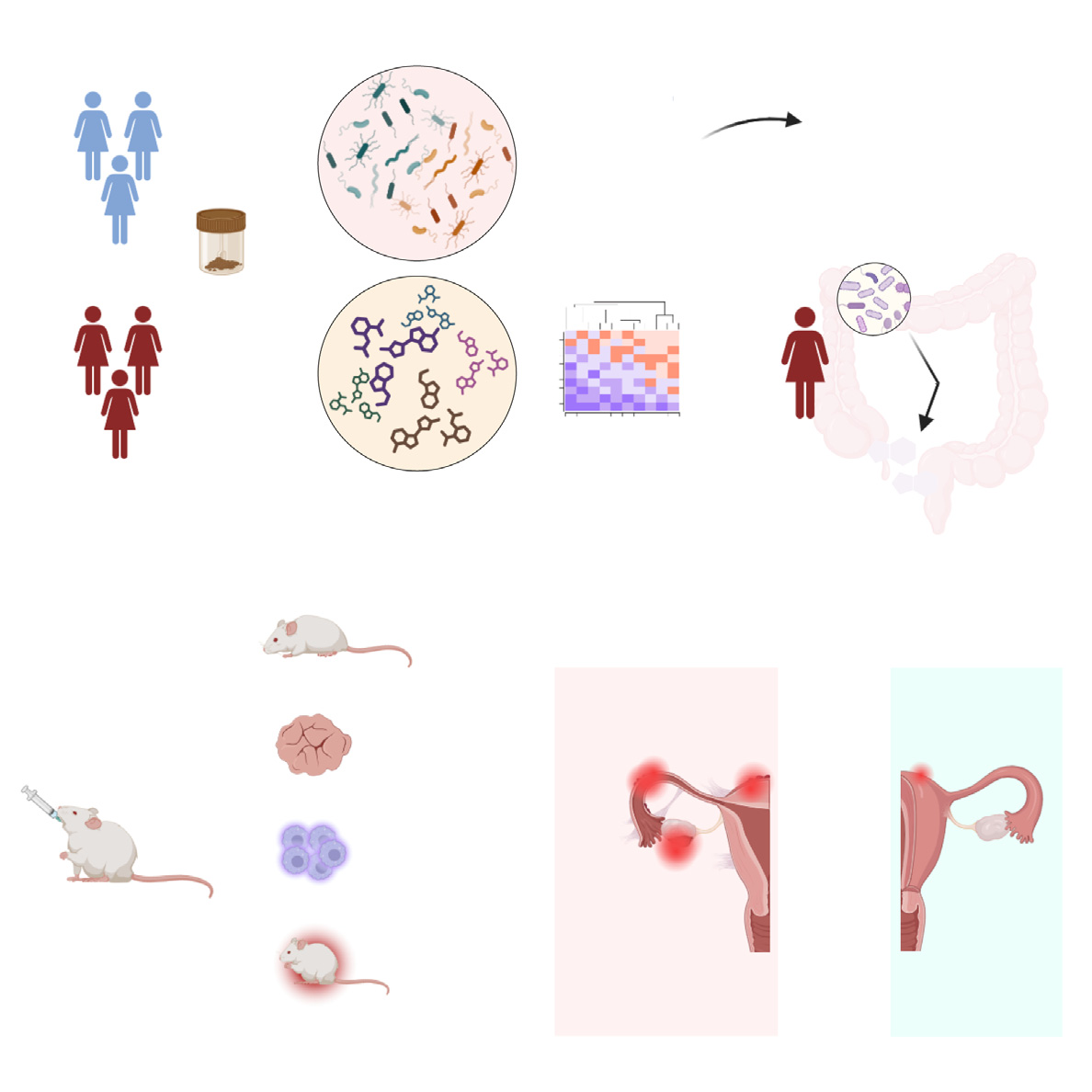Identification of Distinct Stool Metabolites in Women with Endometriosis for Non-Invasive Diagnosis and Microbiota-Based Therapeutic Potential

Researchers from Baylor College of Medicine and Washington University School of Medicine have revealed new findings that could revolutionize the diagnosis and treatment of endometriosis. This gynecological condition, often characterized by ectopic endometrial lesions, pelvic pain, inflammation, and infertility, affects millions of women worldwide. Current diagnosis is invasive, and available treatments offer limited relief, emphasizing the need for novel approaches.
In the study, published in Med (Cell Press), scientists used advanced microbiome-metabolome analyses on stool samples from individuals with and without endometriosis. Through unbiased metabolomics and 16S bacteria sequencing, the researchers identified a distinct bacterial metabolite signature linked to endometriosis. Notably, these findings showed a strong correlation between endometriosis and inflammatory bowel disease (IBD), suggesting common microbial pathways between the two conditions.
One key discovery was the reduced levels of 4-hydroxyindole, a metabolite produced by gut bacteria, in the stool samples of women with endometriosis. Extensive in vivo studies demonstrated that 4-hydroxyindole suppressed the initiation and progression of endometriosis-related inflammation and pain in both murine and human pre-clinical models.
This discovery offers two promising developments: the potential for non-invasive stool-based diagnostic methods and the identification of 4-hydroxyindole as a therapeutic candidate to prevent and treat endometriosis. With this research, scientists hope to offer more effective diagnostic tools and pave the way for microbiota-based therapies for the millions of women affected by this debilitating condition.
Reference:
Talwar et al., Med (2024), https://doi.org/10.1016/j.medj.2024.09.006
























































